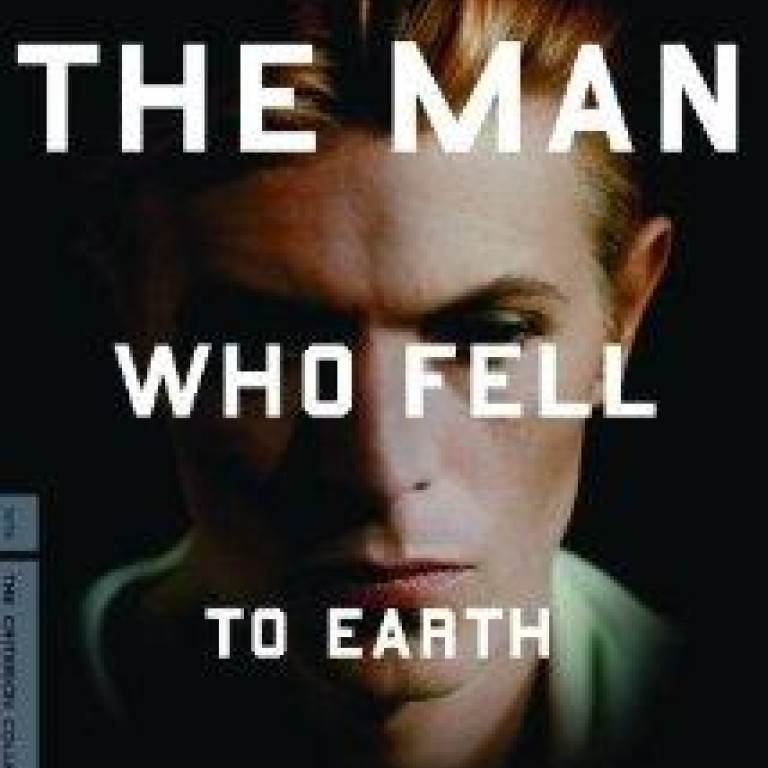
Perfect casting of a space alien in portrayal of alienation in the modern world
Most scientists agree that aliens probably look something like David Bowie, with his cultivated strangeness and differently pigmented eyes (the result, apparently, of being punched in a schoolyard brawl).
David Bowie, Rip Torn, Candy Clark
Nicolas Roeg
Most scientists agree that aliens probably look something like David Bowie, with his cultivated strangeness and differently pigmented eyes (the result, apparently, of being punched in a schoolyard brawl).
Actually, "most" might be an exaggeration: there has been no extensive polling. But what is even less certain is Bowie's idea of himself. Whether as Aladdin Sane, Ziggy Stardust or the Thin White Duke, the English singer's most interesting years saw him shifting other-worldly shapes like nobody's business.
Nicolas Roeg's 1976 film casts pop's original chameleon as a humanoid alien who drops from the sky in a rocket. His objective, sketchily outlined, has something to do with developing the technology to reverse the drought killing his own planet. To that end he brings with him hi-tech patents that make him a billionaire overnight. Unfortunately he does not count on human greed or decadence, and things do not go well. Mary-Lou, a first-rate mentalist who falls in love with him, introduces him to booze and he becomes addicted to it - along with watching television.
But enough of the spoilers, other than to state that 1970s paranoia - about impending planetary ruin, the brain-sapping properties of TV, political corruption and big business being dreadful - is writ large. Ideas that now seem tired abound. And yet the movie's visual boldness and insistent focus on character over plot put it on a superior plane to most current genre filmmaking.
Roeg was on a rich vein of form (a run that includes - voted the best British film ever in an industry poll last year - and ), and by this time Bowie had conquered America. But when the brass at Paramount saw the final cut of , they refused to fund its release and the film struggled to break even.
It's likely the studio felt it was too, well, alienating. Roeg cuts incessantly between scenes without explanation, only to then linger on things which interest him visually, not least the desert landscapes of New Mexico, where Newton (Bowie) opts to reside. The result is that the filmmaker himself seems to approach America from an alien's point of view. He confronts its strangeness, asks questions of its culture, puzzles at capitalism's outward manifestations.
Bowie is an alien with a British passport. Feeble, androgynous, melancholy, he is the ultimate outsider. And the ultimate tragedy is that humans soon lose interest in that which they don't understand.
